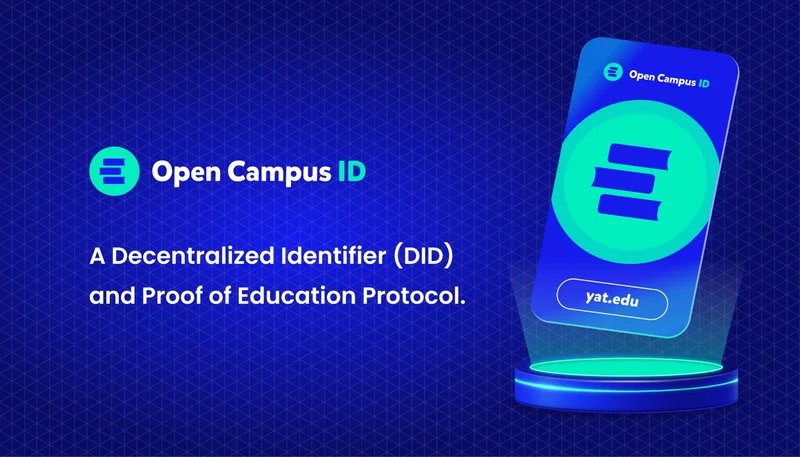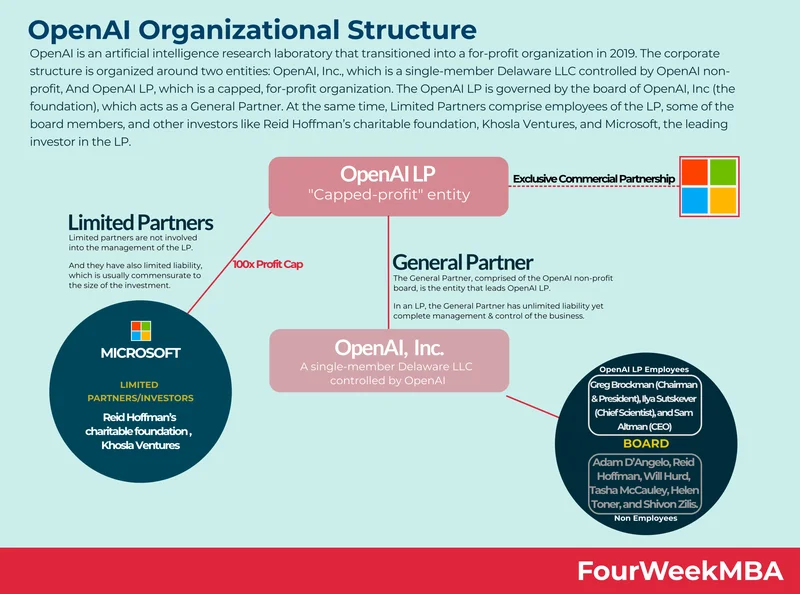Article Directory
It’s not often that my feed serves up two business announcements so perfectly, yet so discordantly, aligned. On one hand, we have the unveiling of Rock Nashville, a sprawling 55-acre live production campus—a veritable city-state dedicated to the logistics of arena rock. On the other, the expansion of Foxtail Coffee, a Florida-based chain planting a 2,485 square-foot flag in East Lansing, Michigan.
At first glance, these are apples and oranges. One is a B2B behemoth, a high-capital industrial play. The other is a classic B2C retail expansion, targeting the caffeine-and-wifi needs of Michigan State students. They operate in different universes of scale, capital, and market. Yet, buried in their respective press releases is the same strategic buzzword, the same corporate north star: “community.”
Rock Nashville’s CEO speaks of “collaborating for industry growth.” Foxtail’s director of operations wants to create a space for people to “connect.” Foxtail is even commissioning a mural to “reflect the community.”
This is the kind of semantic overlap that always piques my interest. When two vastly different economic models deploy the exact same language, it’s usually a signal. It tells us that the word itself has become a valuable, if intangible, asset. But what are they actually building? One appears to be constructing a fortress. The other, a storefront. My analysis suggests we’re witnessing two fundamentally different theses on how to monetize human connection.
The Walled Garden of Efficiency
Let’s first examine the Rock Nashville Live Production Campus to Open in Late 2025 - Mixonline. The numbers here are straightforward and imposing. We’re talking about a 610,000 square-foot facility on 55 acres, less than 10 miles from downtown Nashville. It’s the second iteration of a proven concept from Rock Lititz, a company that has spent a decade perfecting the art of tour production logistics. This isn’t a speculative venture; it’s the calculated expansion of a successful model.
The campus will house two rehearsal spaces large enough for arena and amphitheater setups, over a dozen studios, and, most critically, an Industry Vendor Hub for more than 30 companies. Confirmed partners already include industry heavyweights like Clair Global, Gallagher, and Rock It. This isn't just a collection of buildings; it's a vertically integrated supply chain. It’s an ecosystem engineered for maximum efficiency.
Think of it less as a creative commune and more as an Amazon fulfillment center for the music industry. Every necessary component—sound, lighting, staging, transport, even a barbershop and medical concierge—is located on-site. The “community” here is a closed-loop system. The value proposition isn't warm feelings; it's the radical reduction of friction. For a touring production, time and logistics are the two biggest cost centers. By co-locating every vendor and service, Rock Nashville is selling a solution to a multi-million dollar logistical nightmare.

I've looked at hundreds of these kinds of development plans, and the language is always telling. The talk of "collaboration" is real, but it’s a collaboration born of pure economic incentive. The approximately 50 permanent local staff are dwarfed by the 500 vendor employees and the hundreds of temporary and touring crew members who will cycle through. This is a transient, professional population. Their connection is forged in the shared pressure of getting a massive, complex show on the road.
The question, then, isn't whether this model works—the success of Rock Lititz suggests it does. The more interesting question is about the nature of this "community." Is this a model for genuine industry growth, as the CEO suggests, or is it the creation of a powerful cartel? What happens to the independent vendors and technicians who aren't invited inside this high-tech campus, left to compete with a perfectly integrated, on-demand machine?
The Franchised Feeling of Belonging
Now, let’s pivot to East Lansing. Foxtail Coffee is opening its largest Michigan location to date, a 2,485 square-foot shop in a former bank. They plan to hire about 15 people. This is a rounding error in the Rock Nashville employment projections—to be more exact, the permanent staff at Rock Nashville is over three times larger, before even counting the hundreds of vendors.
Here, the concept of "community" is deployed not as an economic engine, but as a product feature. The press release highlights "dedicated study areas" and the plan to hire a local artist for a mural that "reflects the community." The director of operations says it will be a "welcoming spot to study, connect and unwind." This is the textbook playbook for any retail brand aiming to capture the 18-to-22-year-old demographic.
I can already picture the space: the low hum of laptops, the smell of espresso, and students hunched over textbooks, soaking up the free Wi-Fi. The "community" Foxtail is selling is an ambiance, a feeling. It’s a space designed to facilitate the loose, informal connections of university life. Unlike the high-stakes, contract-driven collaboration at Rock Nashville, the connections here are low-friction and transactional, paid for one latte at a time.
This isn't a critique, merely an observation of the model. Foxtail, a Florida-based coffee chain to open location near MSU campus - Lansing State Journal, is not organically emerging from the soil of East Lansing. It is importing a tested and replicable concept of what a "community coffee shop" should look and feel like. The mural is a clever and admirable nod to localization, but it’s an aesthetic layer on top of a standardized business operation.
This raises a different set of questions. Can a franchise, by its very definition, create an authentic reflection of a local community? Or does it, more often than not, project a pre-packaged version of community onto a neighborhood? And from a purely business perspective, what is the measurable return on investment for a community mural versus, say, faster Wi-Fi or lower prices? How do you quantify "vibe" on a balance sheet?
A Discrepancy in Definitions
Ultimately, we're looking at two companies using the same word to describe entirely different assets. For Rock Nashville, "community" is a strategic moat—a high-barrier, defensible network of integrated partners that creates immense logistical value. It is a tangible economic ecosystem. For Foxtail Coffee, "community" is a marketing strategy—a low-barrier, replicable aesthetic designed to create brand loyalty and drive foot traffic. It is an intangible brand attribute. One sells access to an exclusive industrial club; the other sells the feeling of belonging to a local one. The lesson here is one of precision. The next time a company talks about building a community, the first question shouldn't be "how?", but rather, "which one?"

